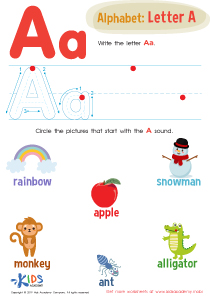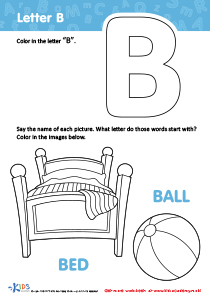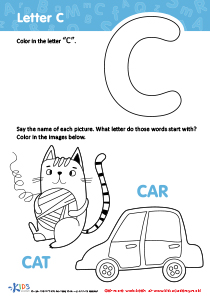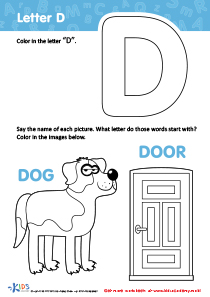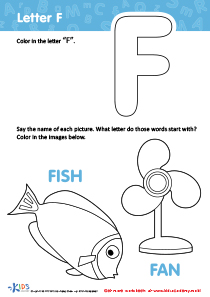Fine Motor Skills Normal Letter E Worksheets for Ages 4-8
3 filtered results
-
From - To
Boost your child's handwriting and fine motor skills with our engaging Letter E worksheets designed for ages 4-8! At Kids Academy, we offer an array of printable activities tailored to enhance pencil control and letter formation. Each worksheet emphasizes tracing, writing, and coloring exercises, creating a fun and educational experience. Perfect for preschoolers and elementary school children, our age-appropriate tasks support crucial early literacy and motor skill development. Download now to give your young learner a head start in mastering the alphabet while building essential coordination and dexterity. Join us at Kids Academy and make learning the Letter E effortless and enjoyable!


Letter E Coloring Sheet
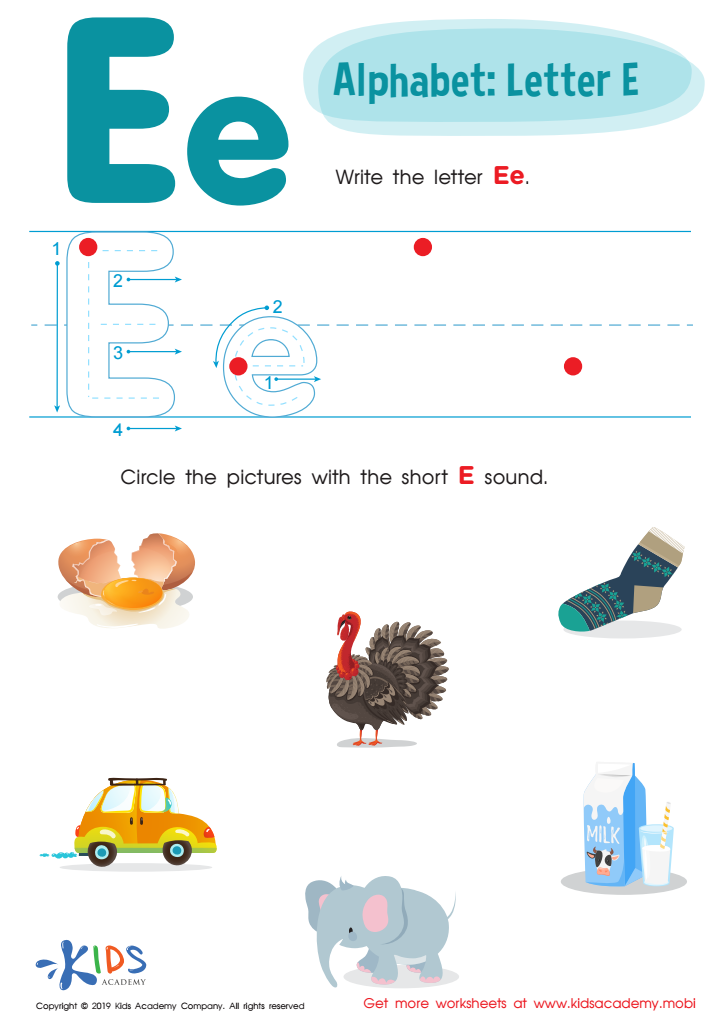

Letter E Tracing Worksheet
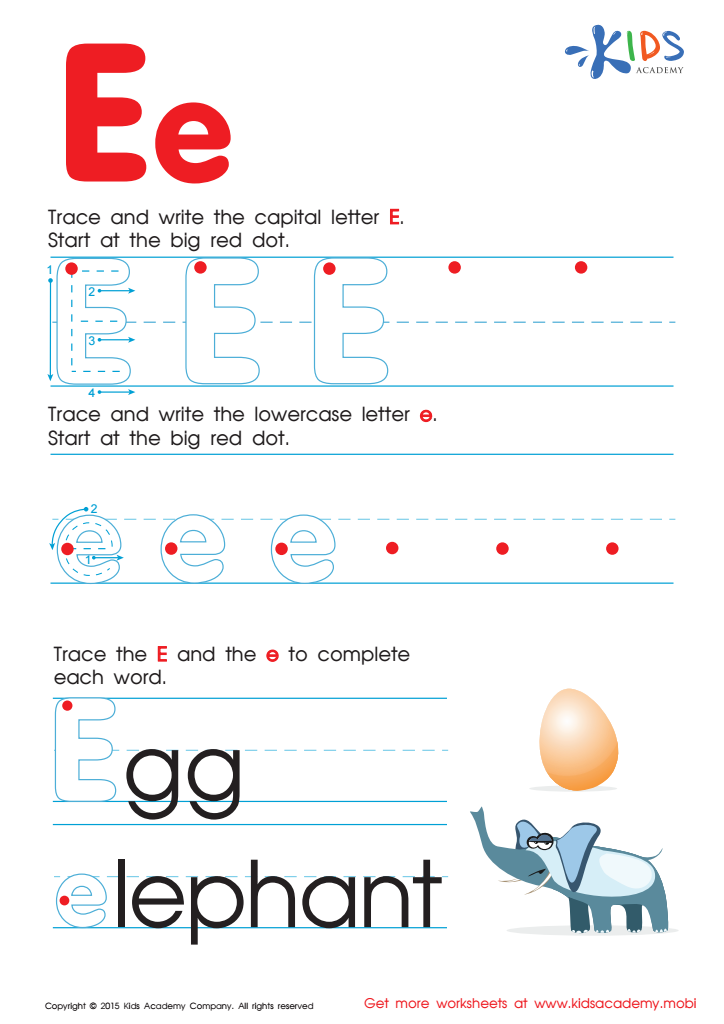

Letter E Tracing Page
Fine motor skills are critical for children's overall development, particularly for those between the ages of 4 and 8. These skills involve the coordination of small muscles in activities like writing, buttoning clothes, and cutting with scissors. Caring about fine motor skills, such as the ability to form a normal letter 'E,' is crucial for several reasons.
Firstly, fine motor skills are foundational for academic success. The ability to write legibly and efficiently affects a child's ability to perform tasks like note-taking, test writing, and completing homework. Mastery of the letter ‘E’ and other letters is often a primary focus in early education and is key to developing handwriting skills.
Secondly, developing these skills boosts a child’s confidence and independence. As children learn to control their fine motor movements, they can more easily manage daily tasks on their own, contributing to their sense of autonomy and self-esteem.
Lastly, fine motor skill development is linked to cognitive abilities. Activities that promote these skills, such as drawing, playing with building blocks, not only enhance coordination but also stimulate mental processes like problem-solving, memory, and spatial awareness.
Therefore, both parents and teachers should prioritize activities that develop fine motor skills to support a child's academic growth, self-confidence, and cognitive development.
 Assign to My Students
Assign to My Students







